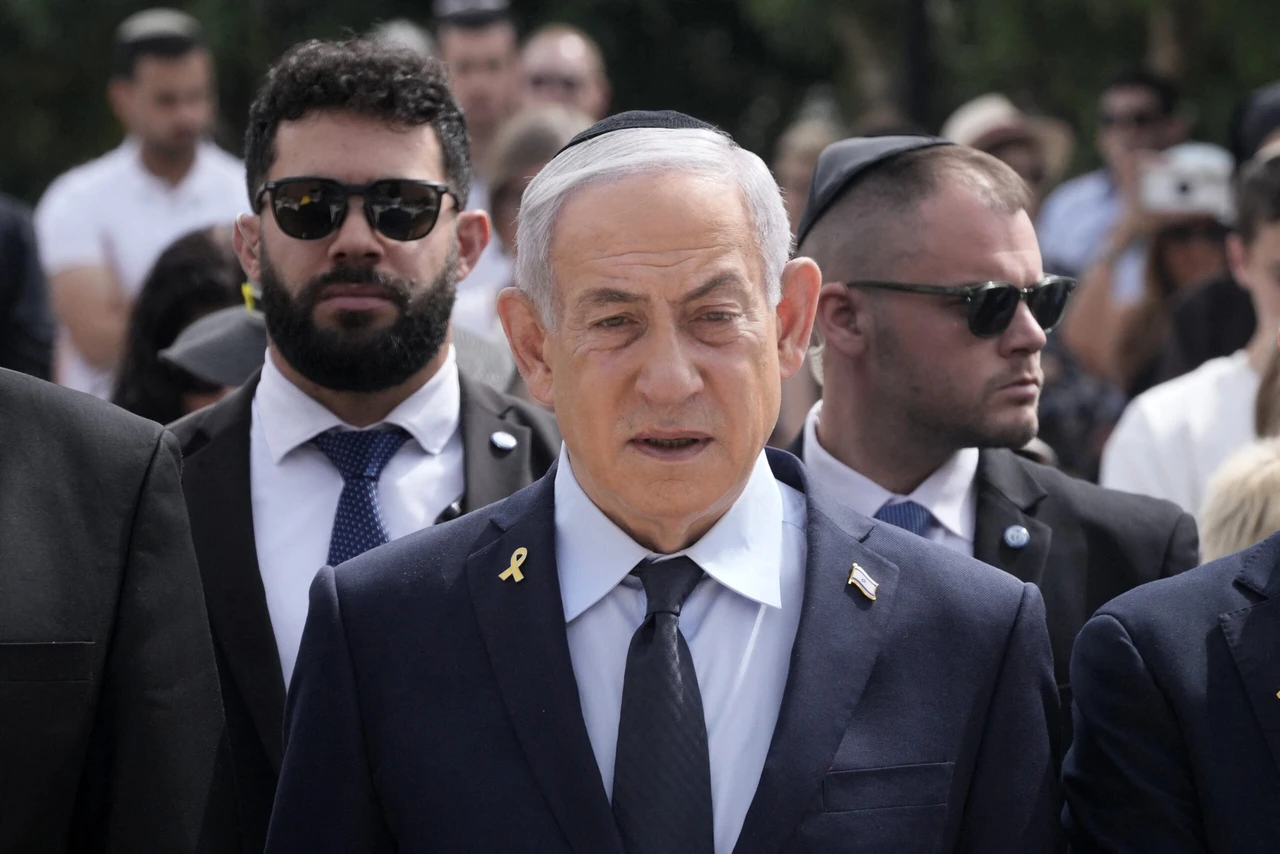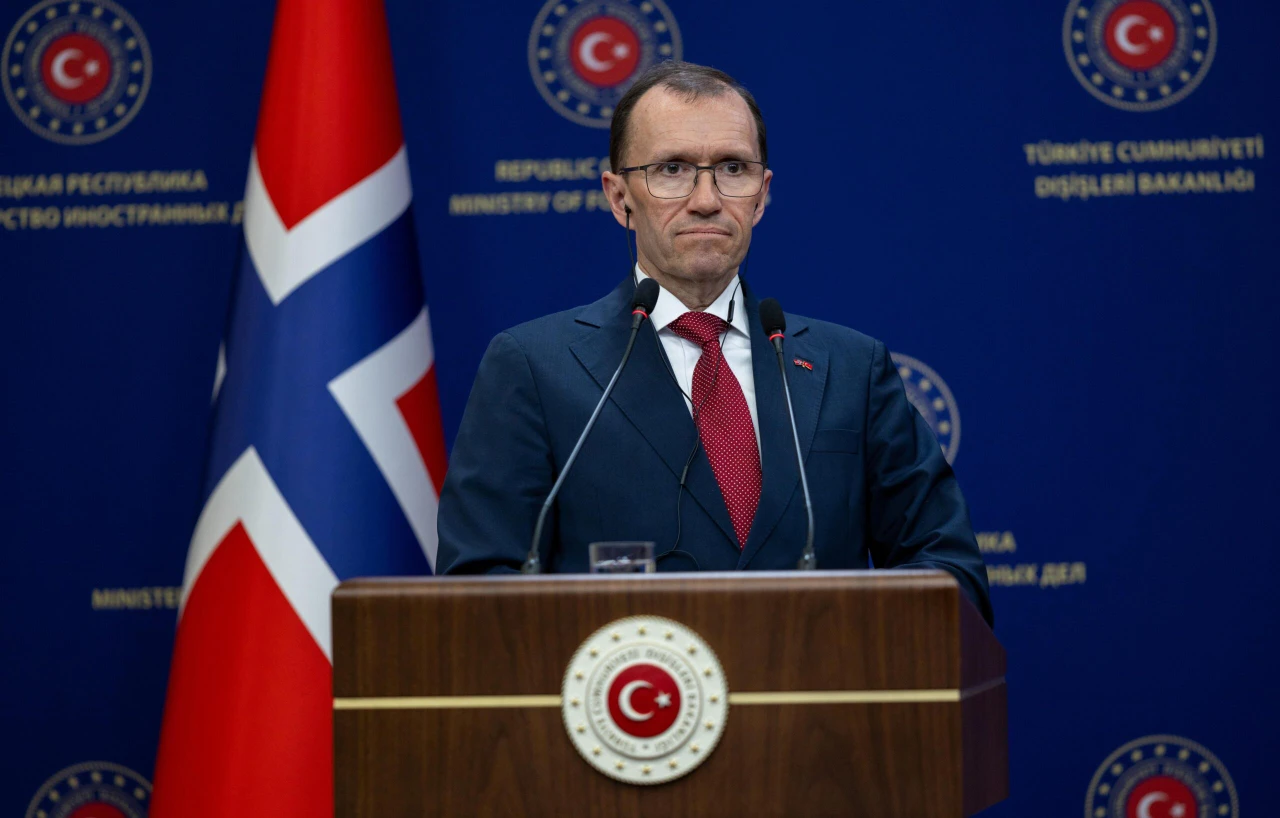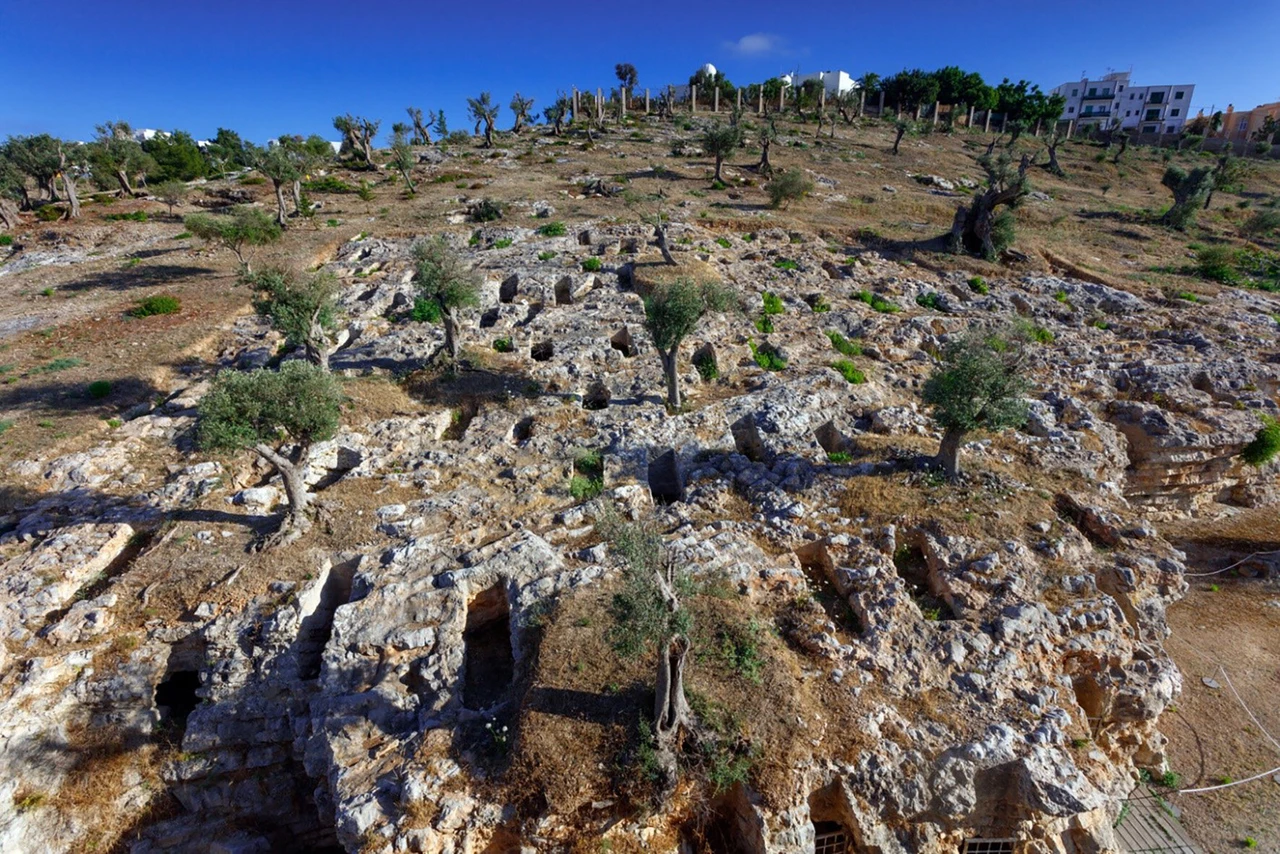How PKK/YPG is using al-Hol camp, Daesh as political leverage in Syria
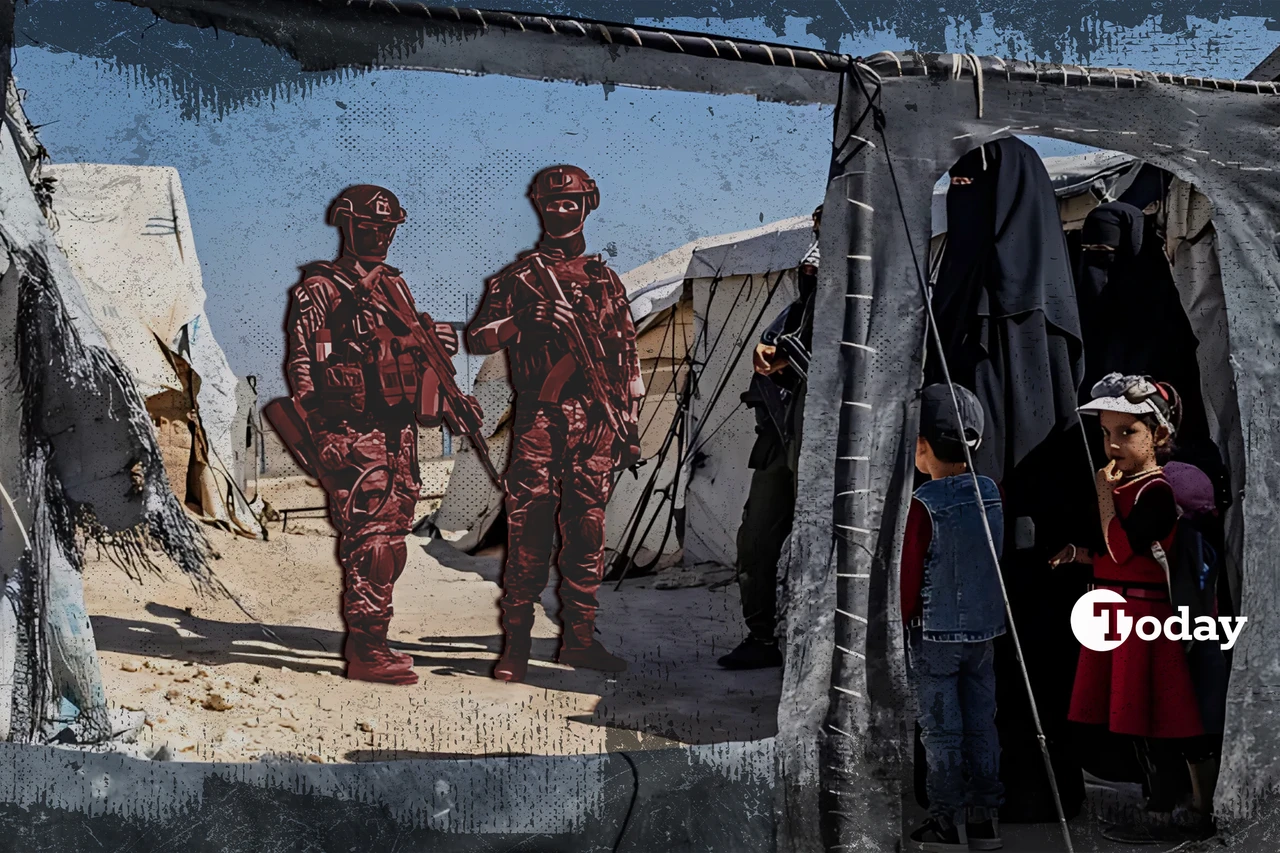 Collage shows the PKK/YPG terrorists in al-Hol camp in Syria. (Collage by Mehmet Akbas/Türkiye Today)
Collage shows the PKK/YPG terrorists in al-Hol camp in Syria. (Collage by Mehmet Akbas/Türkiye Today)
Syria is entering a new era, with its citizens weary from years of conflict. They long for a unified Syria under one flag. The primary obstacle to this vision is the PKK/YPG terrorist organization to the east of the Euphrates.
The ongoing situation in Syria’s al-Hol Camp, under the control of the PKK/YPG terrorist group, has emerged as a significant concern for regional and international security as it allegedly hosts over 55,000 Daesh members and their families, according to the International Committee of the Red Cross report.
Some 90% of them are believed to be civilian members, according to the World Health Organization report from 2021.
A lot of reports indicate that the PKK/YPG has been using the release of Daesh detainees and their families as a political bargaining chip, exacerbating threats in an already volatile region. This strategy undermines peace efforts and endangers the stability of territories liberated from terrorism.
The al-Hol camp, where 226 people died in 2021 alone and where members of the Daesh terrorist organization and their families were held, has become a political trump card used by the PKK/YPG at various moments.
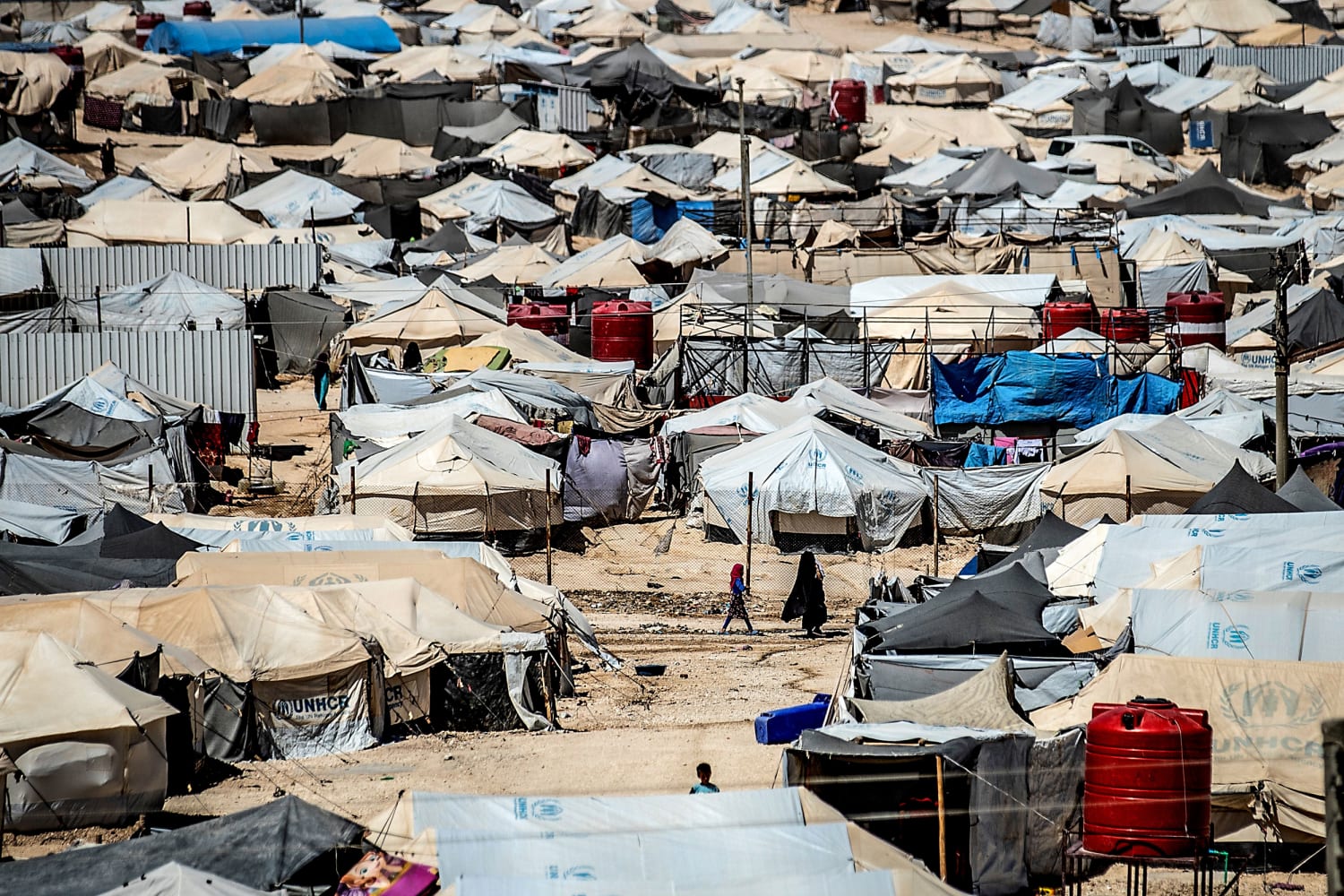
Al-Hol camp as political tool for PKK/YPG
Al-Hol Camp hosts thousands of individuals, including Daesh terrorists, their families and civilians displaced by conflict.
Despite its ostensible purpose as a containment facility, the camp has become a tool for the PKK/YPG to consolidate power. By selectively releasing detainees, the organization aims to gain leverage over international actors and intimidate local populations.
The PKK/YPG’s actions threaten both regional and global security. The release of Daesh-linked individuals destabilizes areas cleared of terrorism.
Türkiye already proposed to the U.S. and other allies that Ankara take over responsibility for the al-Hol camp, offering to deploy three commando brigades to ensure its security.
A Turkish journalist mentioned this offer during a Pentagon press briefing on Tuesday. In response, an official stated: “Türkiye is a valuable NATO ally, and we continue to keep channels of communication open on the situation in Syria and regional security interests, such as ISIS (another name for Daesh). I am not in a position to announce any changes in our approach to U.S. force deployment or the mission to defeat ISIS, but I am confident that we will continue to talk with Türkiye and our other partners in the region on this issue.”
The U.S. and other partners have been dodging similar questions with similar answers for months. Part of the calculation may be that a good number of refugees are foreign nationals, mostly from Western countries, who would require repatriating—a quagmire Western partners are reluctant to address.
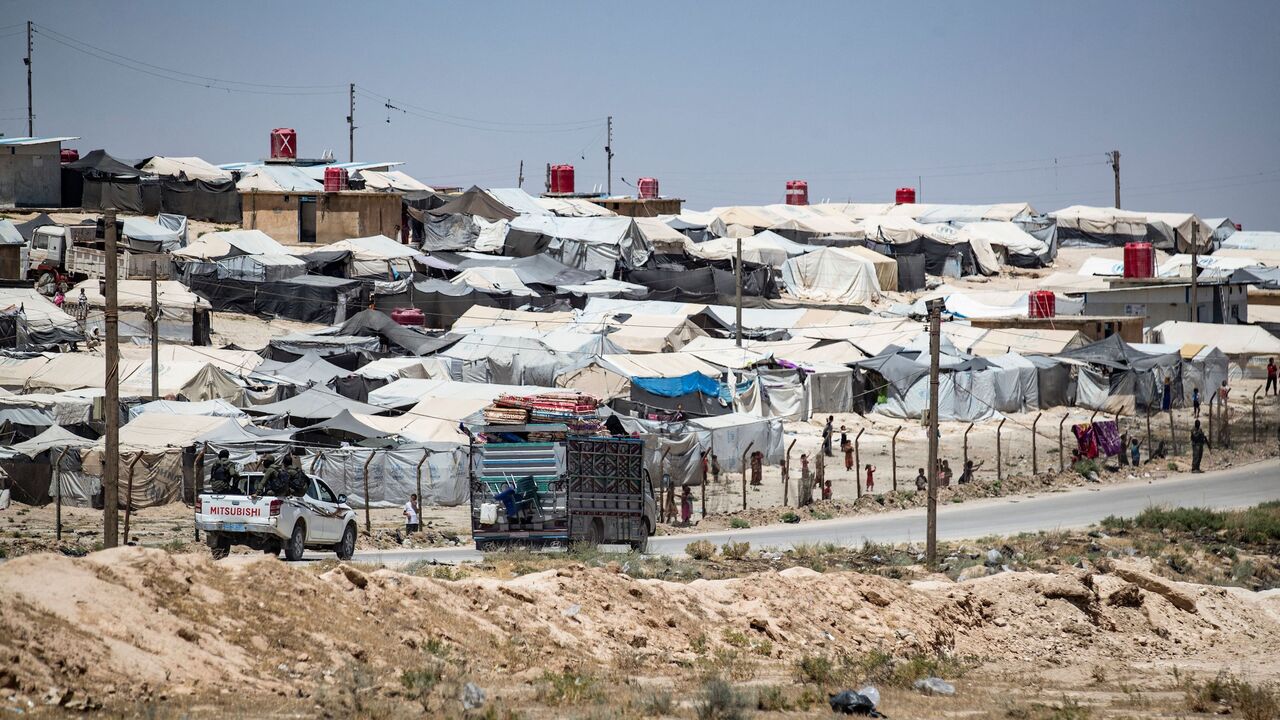
Using Daesh as political leverage in Syria
Beyond al-Hol Camp, the PKK/YPG has systematically exploited its control over Daesh prisoners to gain political and financial advantages. By framing itself as a key player in the fight against Daesh, the PKK/YPG has managed to secure significant military and logistical support from international actors, particularly from Western nations.
This narrative, however, relies on the use of Daesh detainees as pawns to extract concessions and funding. By threatening to release or relocate detainees, the PKK/YPG pressures global powers to maintain their support while simultaneously undermining peace efforts in Syria.
Moreover, this tactic destabilizes liberated regions and allows Daesh to regroup, creating a cycle of dependency on the PKK/YPG for counterterrorism operations. The ideological foundation of Daesh remains intact, with the group actively seeking opportunities to regroup and re-establish influence.
Global responsibility
The international community bears a shared responsibility in addressing the fallout from the PKK/YPG’s policies. Countries whose nationals are among the detainees must engage in repatriation and prosecution efforts. The fight against Daesh requires a unified, global approach.
As the situation in Syria settles and normalizes, this is a pending issue that foreign countries will have to face.
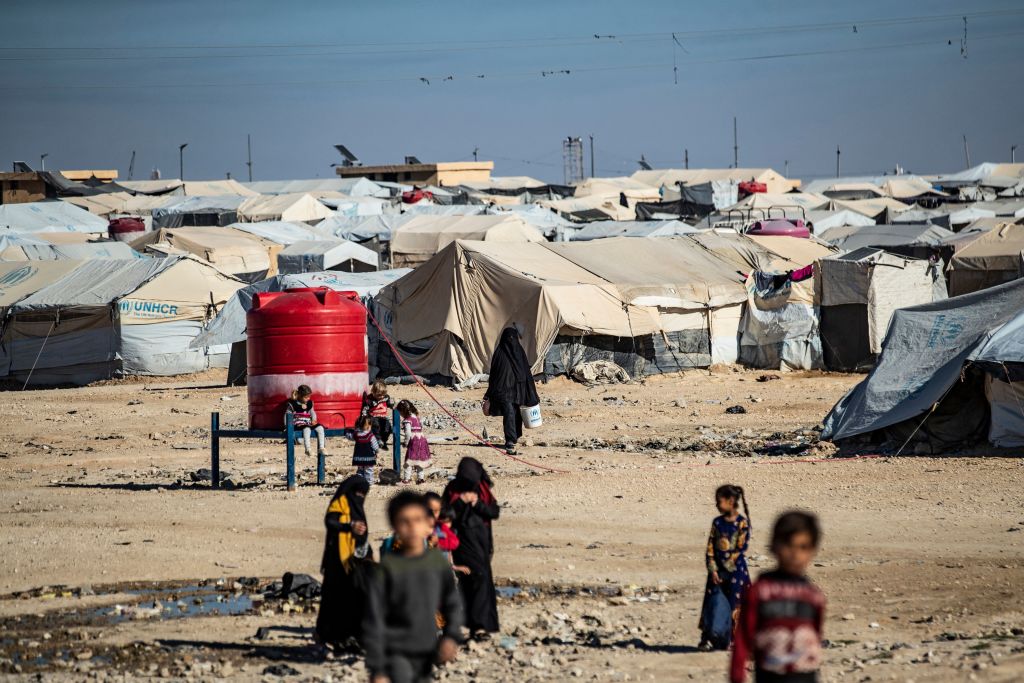
Pending resolution
The Syrian opposition, instrumental in challenging the Assad regime, is keen on establishing territorial integrity across Syria. PKK/YPG-held territories currently face the option of a complete political fold or preparing for a potential fight.
In the political fold scenario, the control of the al-Hol and similar facilities can be transferred to the rightful Syrian administration. In the case of a fight, then the situation would take longer to resolve with the potential release of prisoners; as Turkish borders are now well protected, the issue would pose an immediate threat to Syria and Iraq.
Security implications for Türkiye, beyond
The consequences of the PKK/YPG‘s policies extend beyond Syria’s borders. Released Daesh members pose a direct threat to Türkiye’s security and stability, as well as to Europe. There is credible concern that some released detainees disguise themselves as refugees to infiltrate European nations, reactivating clandestine networks.
This underscores the need for enhanced intelligence-sharing and collaboration among states to preempt such risks. In this case, countries will have to work directly with Türkiye, the most significant stakeholder in the region.

